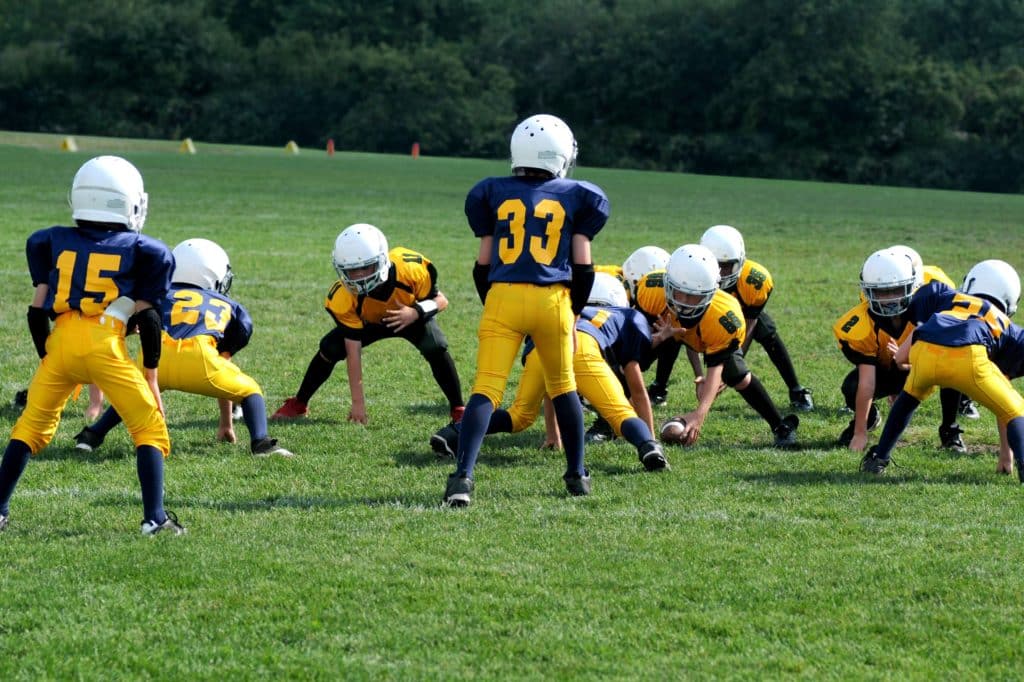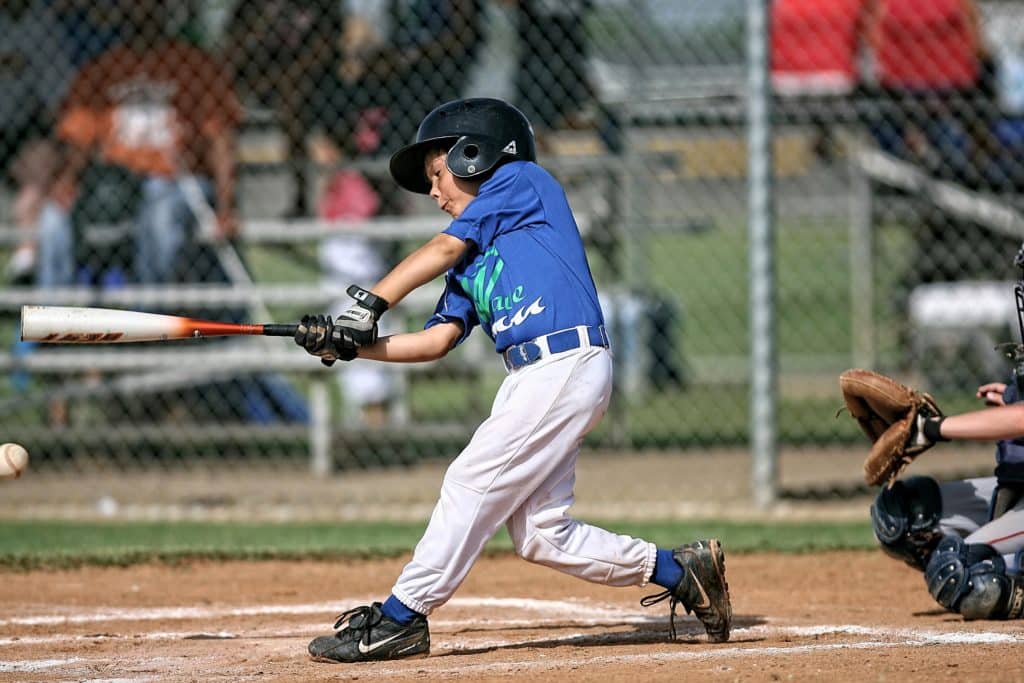Youth sports are highly popular in the United States. At any given point, American families have one child participating in sports like soccer, football, or hockey. Kids who play sports amount to around 45 million children in the US at any given time. Superficially, kids being active and healthy is a plus, but underlying this are many negatives. It is essential to weigh the positives and negatives of youth sports on kids in the United States.

The Positive Effects of Sports
1.) Team sports improve their social skills.
Learning teamwork is an essential lesson for kids. Participation in sports teaches this skill, as well as provides a sense of belonging. Relationships between teammates can grow into lifelong friendships. Kids also learn respect and sportsmanship regarding their teammates and even their opponents. All of these things go a long way towards molding kids into well-adjusted adults.
2.) Sports get kids to exercise and teach them healthy habits.
Television, the Internet, and computer games are excellent activities. When not balanced out with physical, they can lead to obesity and other health issues. Kids that play sports develop better habits as an adult. They’re more likely to live active lifestyles than their peers who don’t participate in sports. Sports improve heart, bone, lung, and muscle development. It also plays a role in reducing stress and anxiety among kids. Some studies suggest that playing youth sports can lower the risk of breast cancer by 20% in adults.
3.) They lower the risk of negative behaviors.
According to the Australian Sports Commission, participating in sports decreases the likelihood of youth committing crimes and more likely to do well in school. It comes down to keeping students busy. Students who play sports have less free time and feel less boredom. Female student-athletes get pregnant at one-fifth the rate of nonstudent athletes.
4.) They improve self-esteem and confidence.
In 2018, The Girls and Sports Impact Report found that playing sports raised adolescent girls self-esteem and body image. Between 11 and 15, girls begin to experience issues with body image. This period is the time when girls participation in sports tend to decrease. Girls that stay active experienced higher self-esteem and body confidence than their peers who stopped playing. Beyond body image, playing the game itself can build self-esteem. Winning a game or merely playing well provides a sense of accomplishment.
The Negative Effects of Youth Sports
1.) Sports can endanger young athletes’ health.
Playing sports can create healthy habits, but many athletes take things to far. Eating disorders, injuries, and the use of performance-enhancing drugs is rampant among young athletes. An estimated 38% of female athletes show signs of bulimia. There are 4 million overuse injuries reported per year. At least 2.7% of athletes use steroids to improve performance. These are serious issues that will follow many student-athletes into adulthood.
2.) Overbearing and abusive parents.
We’ve all seen parents screaming at their kids from the sidelines or arguing with refs about a blown call. Sports can bring out the worst in parents, and it’s their kids who suffer the consequences. At best, they’ll feel embarrassed, and at worst, they will experience emotional and verbal abuse at the hands of their parents. Interestingly, it is often the parents who aren’t able to cope with the stress of competition, causing them to lash out.
3.) Parents and coaches often exploit children.
When a child is talented, parents want to push them. Some take this to such extremes to the detriment of their children. Tiger Woods’ father is a famous example. He inflicted brutal training regimens from a young age and verbally abused him to “toughen” him up. Tiger Woods’ story ends well, but hundreds of athletes’ lives do not. Her brutal training and obsession with winning led Tanya Harding to arrange an attack on Nancy Kerrigan. Parents and coaches can ruin lives pushing kids too hard in sports that they may not have even wanted to play.

Like most things, the problems in youth sports come from excess. Being pushed too hard stresses kids out, leading to many health and mental repercussions. Parents need to be supportive and teach their kids not to push themselves too hard to counteract these effects. Only then can kids reap the many benefits of playing sports.
- Tulip Mania – The Story of One of History’s Worst Financial Bubbles - May 15, 2022
- The True Story of Rapunzel - February 22, 2022
- The Blue Fugates: A Kentucky Family Born with Blue Skin - August 17, 2021